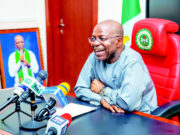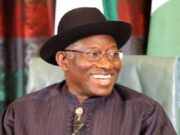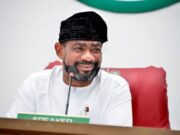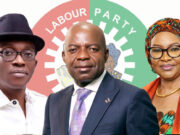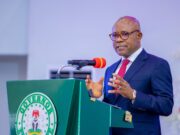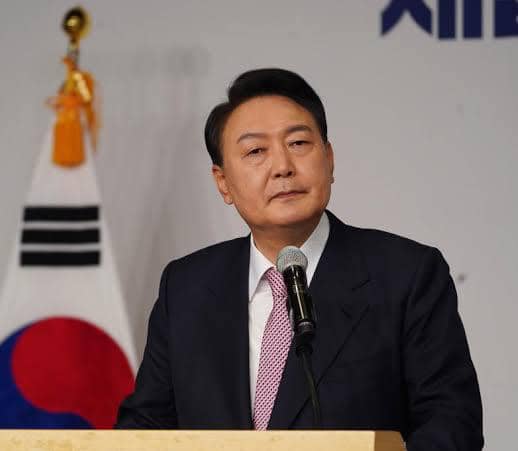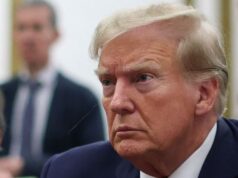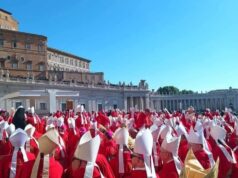South Korean President, Yoon Suk Yeol has been banned from leaving the country, the Justice Ministry confirmed on Monday, marking a significant development in the ongoing political turmoil following his controversial imposition of martial law.
Yoon is now the first sitting president in South Korea to face such a restriction.
This comes after a chaotic series of events that unfolded last week.
On December 3, Yoon ordered special forces and helicopters to parliament in a dramatic move to enforce martial law, which was eventually rescinded after lawmakers rejected his decree.
The decision plunged the nation into chaos, with protests and political fallout intensifying.
Yoon narrowly survived an impeachment attempt on Saturday, which failed when members of his own People Power Party (PPP) walked out, leaving the opposition short of the necessary two-thirds majority to proceed.
Despite remaining in office, Yoon faces multiple investigations, including one for alleged insurrection.
In addition to Yoon, several key figures involved in the martial law episode have also been placed under travel bans.
These include former defense minister Kim Yong-hyun, who is in detention, and ex-interior minister Lee Sang-min.
General Park An-su, who oversaw the martial law operation, and defense counterintelligence commander Yeo In-hyung are also prohibited from leaving the country.
Yoon’s situation has sparked fierce political debate. Opposition leaders have denounced his actions as unconstitutional, particularly his decision to delegate power to the prime minister and PPP leader, claiming that it amounts to an unlawful “second insurrection.”
Under South Korea’s constitution, the president remains the head of government unless incapacitated or removed from office. The opposition argues that delegating power to an unelected official is a violation of the country’s constitutional framework.
Despite the political crisis, Yoon has remained firm in his position.
He has apologized for the disruption caused by his martial law declaration but has not resigned. Instead, he stated that he would leave the decision about his future to his party, while accepting responsibility for the incident.
Legal experts have criticized the ruling party’s claim that Yoon can stay in office while transferring authority to non-elected officials. Constitutional law professor Kim Hae-won called it an unconstitutional “soft coup,” emphasizing that South Korea’s constitution outlines specific processes for dealing with presidential issues, such as impeachment.
With Yoon’s approval rating plunging to a historic low of 11%, opposition leaders have vowed to pursue another impeachment motion, with another vote expected on Saturday.
The political unrest continues to escalate, with large protests expected to take place outside the National Assembly building in the coming days.


